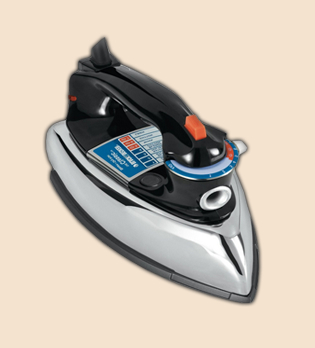 A former inmate sizes up detention products, #2 in a casual series.
A former inmate sizes up detention products, #2 in a casual series.
Upselling Prison: accessories, upgrades, add-ons, and salespersons of the detention supply industry.
Norix Inc. claims it doesn’t just make prison mattresses: it makes “Comfort Shield® Remedy Mattresses.” And if cost equalled quality, Comfort Shields would clearly be a cut above. But ask anyone on the inside, and a prison mattress is a prison mattress is a prison mattress. They’re subject to the worst an infected wound has to offer; and they get clutched, twisted, and chewed on like nobody’s business. For something that has more prayers  whispered into it than Israel’s Western Wall and all of Islam’s worry beads, nothing has less to show for it than a prison mattress.
whispered into it than Israel’s Western Wall and all of Islam’s worry beads, nothing has less to show for it than a prison mattress.
It’s kind of tough to wrap your head around trading a pair of shoes (or several meals) to obtain a less “raped” one, but it’s what you do. Otherwise, as we once heard an intake sergeant say to a complainer, “it’s mind over mattress.”
Fortunately, distinguishing bloodstains from even less pleasant discolorations gets easier after, say, month three. But the marks inmates leave behind aren’t limited to bodily fluids or semi-solids: prisoners love writing gang names, anti-Semitic messages, zip codes, and their sweetheart’s initials on the very bedding into which your tears will be absorbed.
Naturally, these handwritten hieroglyphics can be more indelibly printed onto older cotton mattress covers than the newfangled, vinyl laminate “wipe ‘n cleans,” so these days one needs to make sure his ink has dried before drifting off to dreamland. While most ink dries quickly, sweat can often reactivate it, and entering a chow hall wearing gang signs on your face that are only decipherable by the fellas planning a hit on “those fools” after breakfast is really something to avoid. And trust me, you’ll want to take the time to check for swastikas drawn in magic marker by the guy before you. The rule is: read your mattress first and watch where you put your face.
For the record, endlessly violated (and absorbent) cotton mattress covers are actually preferable to the newer sealed plastic pads – unless you enjoy marinating in your own sweat at 3:30 in the morning. Besides, wipe ‘n cleans get weird blisters that make you wonder how your body heat could have caused mystery chemicals to churn and gurgle beneath the vinyl.
Read more
 Rape, Riots, and Rotten Food – Relearning Life Behind Bars
Rape, Riots, and Rotten Food – Relearning Life Behind Bars



